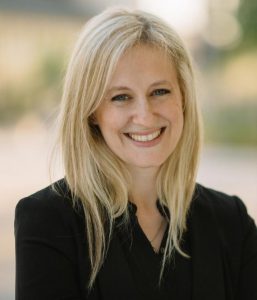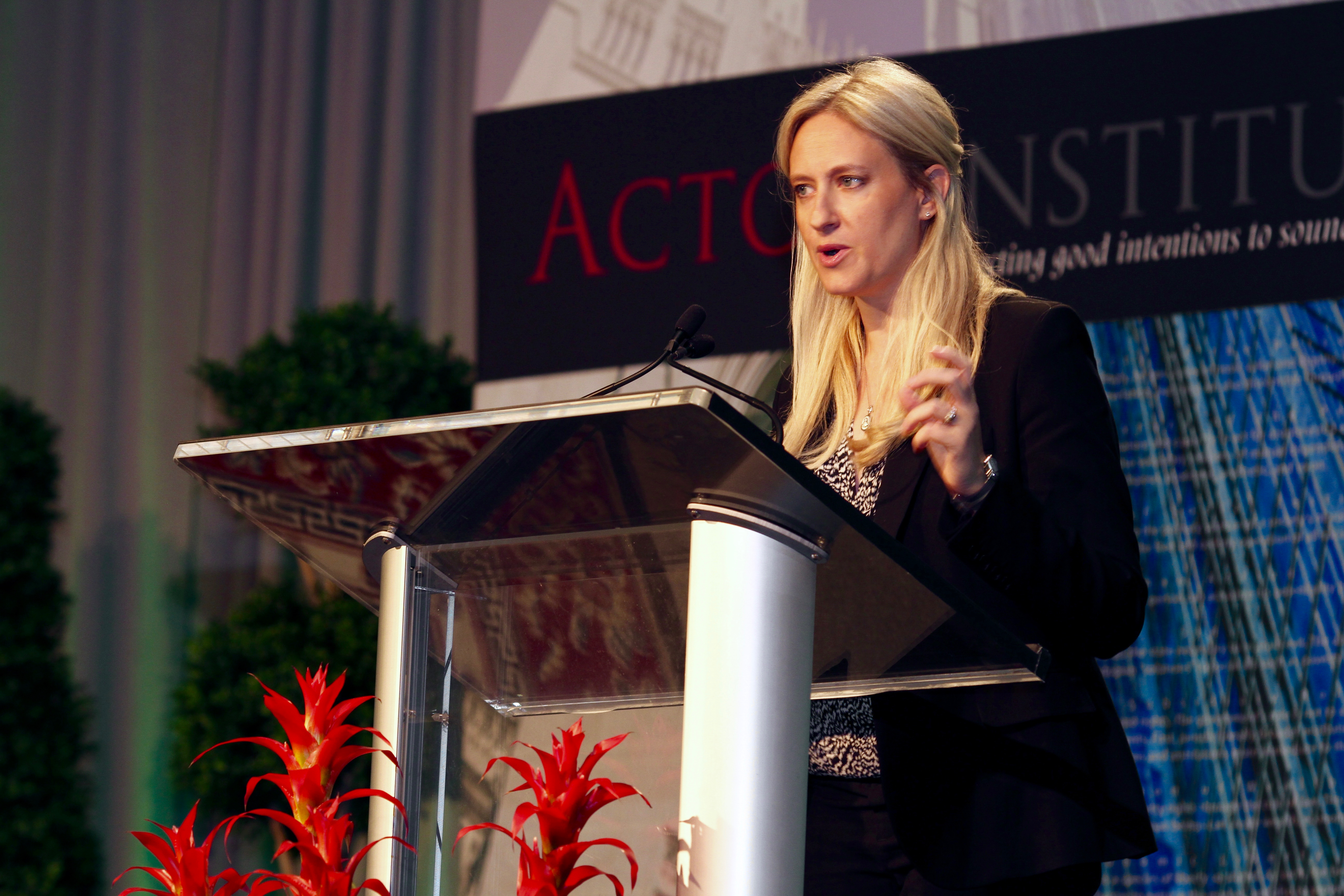
The quality of K-12 education in America is a major concern. This is largely because, despite marginally high spending per student, the United States does not compete very well against other countries on standardized tests. The economics of education particularly interested Catherine Pakaluk, who holds a doctorate in economics from Harvard and is an assistant professor of economics at Catholic University of America. Pakaluk gave a lecture, “Economics of Education,” on June 23 at Acton University. In this talk, she addresses some of the statistics regarding education in America.
The most surprising, and disappointing, figures presented are from a 2010 study, by Raj Chetty and five other researchers, which shows a nearly perfect correlation between kindergarten test scores and wage earnings between 25-27 years old. Different data by Robert Gordon, Thomas J. Kane, and Douglas O. Staiger show that the quality of a math teacher is generally solidified within two years of teaching. After that there is little change in teachers’ ability to improve the average student percentile. According to the same study the top 25 percent of math teachers have a positive impact on their student towards progressing, based on change in percentile of the average student. The average student of the bottom 75 percent of teachers maintain their original percentile or show regression in percentile rank. Even the best math teachers only result in a depressingly small 5 percent positive impact on percentile.
Economists have generally looked to schools and teachers in order to solve the various problems in American education. Pakaluk identifies a new frontier of thought on education: the students themselves. Instead of viewing students as a raw material put into the factory of the school and assembled by the teachers, there may be a better view. Economists began to view schools as a product for which increasing competition (in policy by increasing school choice) ought to increase the quality. According to Pakaluk the product view analysis of education still treats schools like factories. Economists, including Pakaluk, are beginning to turn to the sociological concerns in education. These sociological concerns may be better addressed than they were historically by subjecting the sociological questions of education to economic analysis.
Pakaluk suggests a more human and holistic approach to the economics of education. She says, “We haven’t understood what schools are doing until we’ve understood what schools are able to do for the children of the less well educated.” Properly understanding the relationships between students, homes, religious practices, schools, peers and educators is key to understanding how to help each child experience better outcomes in terms of upward mobility and real progress in education and life circumstances. An example Pakaluk gave was studying how the homogeneity of religion at school, home, and church effects educational outcomes.
Pakaluk asks that we consider students to be more than raw material. Kindergarten in German means “children’s garden.” Too many economists’ research on education has been directed toward trying to improve the factory models with little avail. The view of schools as kindergartens and children as seeds to be planted is much more consistent with Pakaluk’s interpretation of the data. The solution is to study out how to identify different types of seeds and create the kinds of soil that allows these seeds to grow into the strongest plants they can be.

